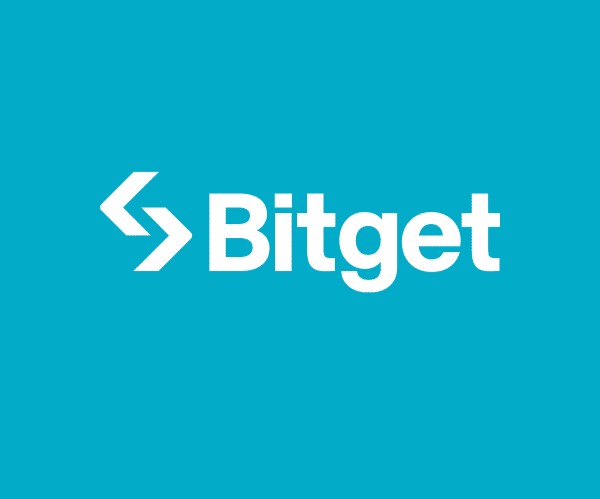Bitget partners with Sumsub to boost deepfake detection, which will help guarantee that both companies adhere to stringent security protocols.
The threat of deep fakes to cryptocurrency is rising, as the number of sophisticated artificial intelligence (AI)-)-generated fake identities are increasing alarmingly.
To mitigate this issue, Bitget and other exchanges collaborate with Sumsub, a prominent Know Your Customer (KYC) verification services provider, to improve security and safeguard users.
Bitget stated that the collaboration is designed to safeguard its 25 million users worldwide by identifying and preventing deepfake frauds with an accuracy rate of over 99%. Sumsub will furnish Bitget with database validation, non-doc verification, facial biometrics, and identity verification.
With the recent 217% increase in deepfakes detected in the crypto sector from the first quarter of 2023 to the first quarter of 2024 and a staggering 245% rise across all industries, Sumsub’s AI-powered deepfake detection and fraud prevention will significantly contribute to ensuring that both companies adhere to stringent security standards.
The apprehension regarding deepfakes is legitimate and well-founded. These sophisticated identity frauds can circumvent even the most robust security measures, rendering unsuspecting users susceptible to financial disaster.
The consequences include a loss of trust in the crypto ecosystem, depleted accounts, and stolen identities.
Deepfakes in the crypto world
AI-generated deepfakes present substantial obstacles to the KYC paradigm as the digital landscape develops, affecting various industries, including cryptocurrency. OnlyFake, a platform that has recently gained attention, purportedly circumvents the KYC protocols of numerous prominent cryptocurrency trading platforms.
In May, a fraudulent crypto exchange platform utilized AI-generated videos of Elon Musk and misleading information to advertise its crypto trading services.
The Hong Kong authorities investigated the exchange, which was discovered to be displaying AI-generated videos and images of Musk on its website and social media accounts.
In addition, the cryptocurrency sector’s leaders have expressed concern regarding the reliability of video verification processes used in specific identity validations, particularly in light of the widespread and effortless accessibility of AI deep fake technology.
Deepfakes outside crypto
Nevertheless, the danger of deepfakes is not limited to the cryptocurrency industry. As AI technology advances, deepfakes will likely infiltrate other sectors, such as finance, healthcare, and governance.
New Hampshire residents reported receiving robocalls from the voice of United States President Joe Biden between January 20 and 21, informing them not to vote in the state primary election on January 23.
The incident led to the prohibition of AI-generated voices in automated phone scams by U.S. regulators, rendering them unlawful under U.S. telemarketing laws.
By publication, Cointelegraph had yet to receive a response from Bitget regarding its partnership with Samsung.
